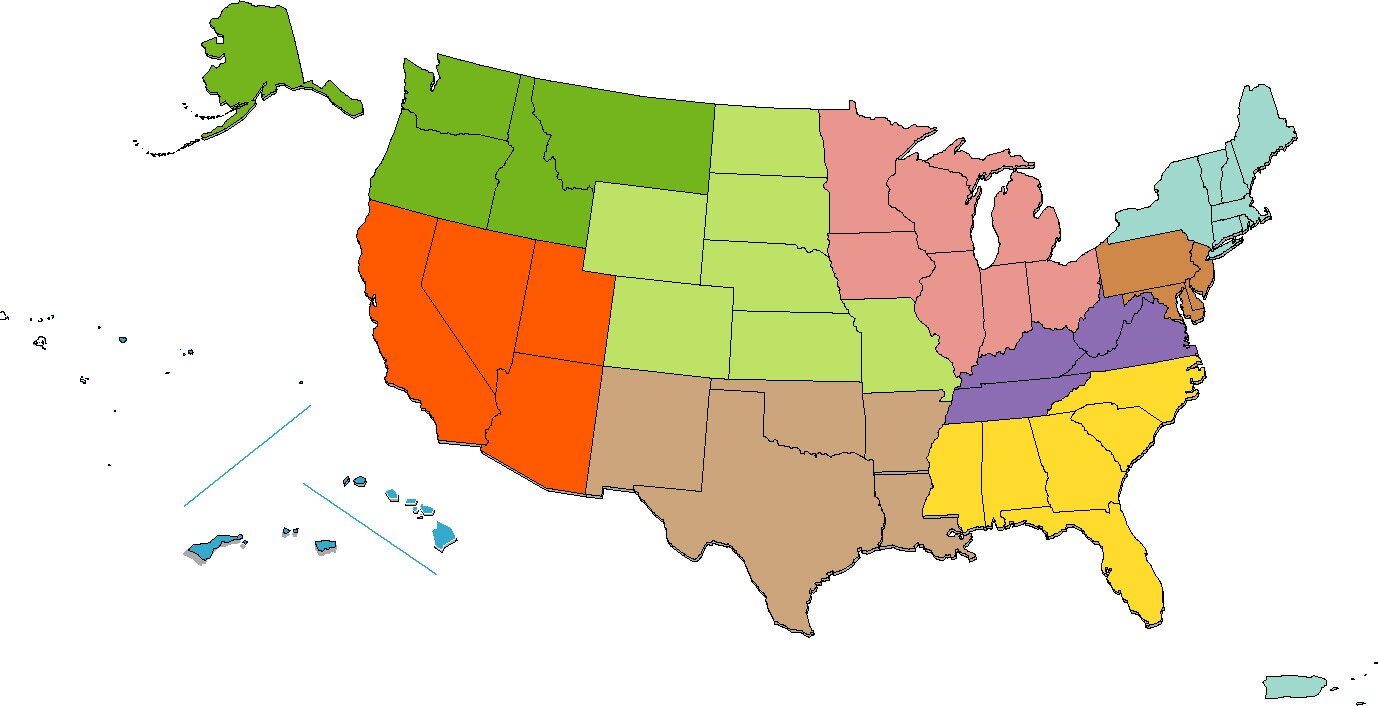Join the R*TECs in Supporting Electronic Accessibility

Online Resources for
Electronic Accessibility & Assistive Technologies
Following are links to some websites that provide information on current research, services, products, tools, and resources to assist educators in meeting the learning needs of individuals with disabilities.
http://www.ed.gov/offices/OSERS/ - US Department of Education Office of Special Education and Rehabilitative Services - provides links and resources supporting programs that assist in the education and rehabilitation of individuals with special needs.
http://www2.edc.org/NCIP/ - The National Center to Improve Practice (NCIP) - provides a variety of resources focusing on the use of technology to enhance learning for students with sensory, cognitive, physical, and social and emotional disabilities.
http://www.naric.com/ - The National Rehabilitation Information Center - provides online databases that include research, literature, organizations, and other information pertaining to disability and rehabilitation.
http://www.wgbh.org/wgbh/pages/ncam/ - The CPB/WGBH National Center for Accessible Media (NCAM) - provides information on existing and developing technologies that create access in public broadcasting and how these technologies can be used to make media more accessible in schools.
http://www.ncddr.org - National Center for Dissemination of Disability Research - provides access to disability and rehabilitation research and information, including funding opportunities, state technology assistance projects, and technology for access and functionality.
http://www.ataccess.org - Alliance for Technology Access - provides information and support services on the use of assistive and information technologies for persons with disabilities.
http://www.genasys.usm.maine.edu/ - Generating Assistive Technology Systemically - provides information on assistive technology and web accessibility particularly pertinent for preservice educators.
http://www.cast.org - CAST - perhaps best known for Bobby, the web-based tool that analyzes websites for accessibility to persons with disabilities, CAST also provides other resources, including research, learning models, and tools.
http://www.w3c.org - World Wide Web Consortium - establishes common protocols that promote the evolution and interoperability of the World Wide Web. This site provides extensive resources on WWW issues, including guidelines for ensuring website accessibility.